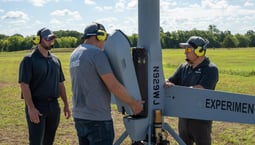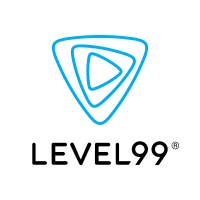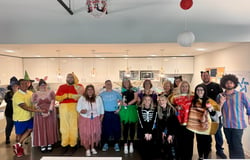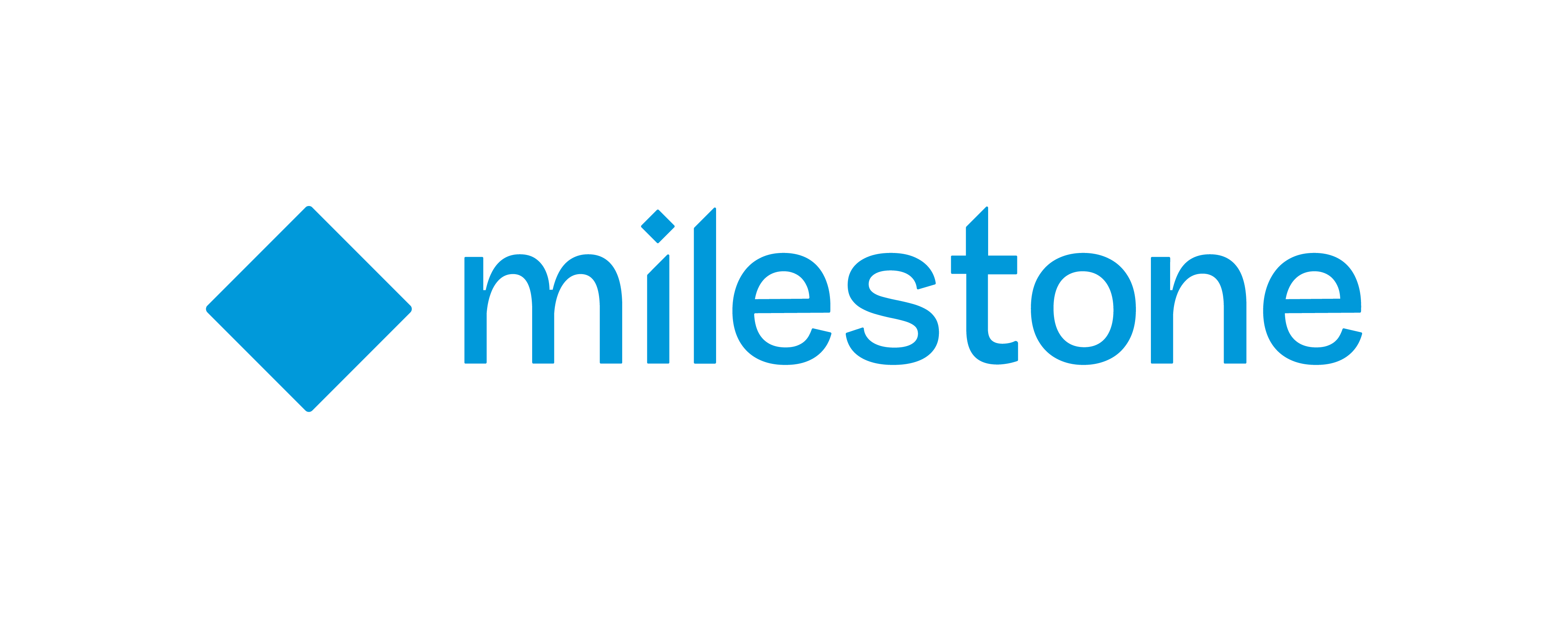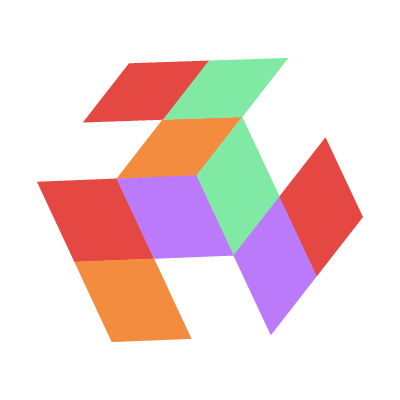What you'll do:
- System Integration & Deployment — Integrate autonomy software onto unmanned aircraft systems, ensuring seamless operation across onboard compute, sensors, and control interfaces.
- Pre-flight Preparation — Own the build, configuration, and validation process for flight-ready systems; coordinate hardware/software compatibility and mission readiness.
- On-site Flight Test Support — Travel to test sites and support live flight operations, including safety checks, system bring-up, and troubleshooting under time-critical constraints.
- Hardware/Software Debugging — Diagnose and resolve integration issues across complex autonomy software stacks and embedded systems in lab and field environments.
- Flight Data Capture & Analysis — Manage data collection during missions and post-test analysis, working with autonomy engineers to refine behaviors and identify improvements.
- Collaboration Across Teams — Work closely with autonomy, GNC, systems, and test teams to ensure mission-critical functionality is delivered on time and validated thoroughly.
- Continuous Improvement — Build tools and processes to improve integration timelines, flight test reliability, and team efficiency across deployment cycles.
- Support Certification and Compliance — Assist with documentation and system-level validation required for certification, airworthiness, and compliance in defense-relevant environments.
- Travel Requirement – Members of this team typically travel around 30-40% of the year (to different office locations, customer sites, and flight integration events).
Required Qualifications:
- BS/MS in Computer Science, Electrical Engineering, Mechanical Engineering, Aerospace Engineering, and/or similar degree, or equivalent practical experience
- Typically requires a minimum of 10 years of related experience with a Bachelor’s degree; or 9 years and a Master’s degree; or 7 years with a PhD; or equivalent work experience.
- Proficiency in programming languages such as C++ and Python, and familiarity with real-time operating systems (RTOS).
- Proficiency in Linux-based development and experience working with embedded systems, shell scripting, and system diagnostics.
- Knowledge of sensor integration, sensor fusion, and middleware frameworks (e.g., ROS, DDS).
- Hands-on experience supporting flight demos or live exercises.
- Experience with simulation tools and environments (e.g., AFSIM, NGTS) for testing and validation.
- Strong problem-solving skills, with the ability to troubleshoot and optimize system performance.
- Excellent communication and teamwork skills, with the ability to work effectively in a collaborative, multidisciplinary environment.
- Ability to obtain a SECRET clearance.
Preferred Qualifications:
- Direct experience supporting unmanned aerial systems or similar flight test campaigns.
- Familiarity with autonomy stacks, flight control systems, or GNC pipelines.
- Competence in sensor integration, electronics debugging, or avionics bring-up.
- Proficiency in developing automation tools for system testing, logging, and data parsing.
- Comfortable interfacing with DoD stakeholders during field events or technical reviews.
- Experience with UCI and OMS Standards.
Top Skills

What We Do
Founded in 2015, Shield AI is a venture-backed deep-tech company with the mission of protecting service members and civilians with intelligent systems. Its products include the V-BAT and X-BAT aircraft, Hivemind Enterprise, and the Hivemind Vision product lines. With nine offices and facilities across the U.S., Europe, the Middle East, and the Asia-Pacific, Shield AI’s technology actively supports operations worldwide.
Why Work With Us
What makes Shield AI special is our people. We unlock the power of autonomy, and in the face of overwhelming odds and challenges, we find ways to win and make a difference for our customers. We bring together software, AI, and aerospace engineering disciplines to deploy the most intelligent aviation capabilities in the world.
Gallery
